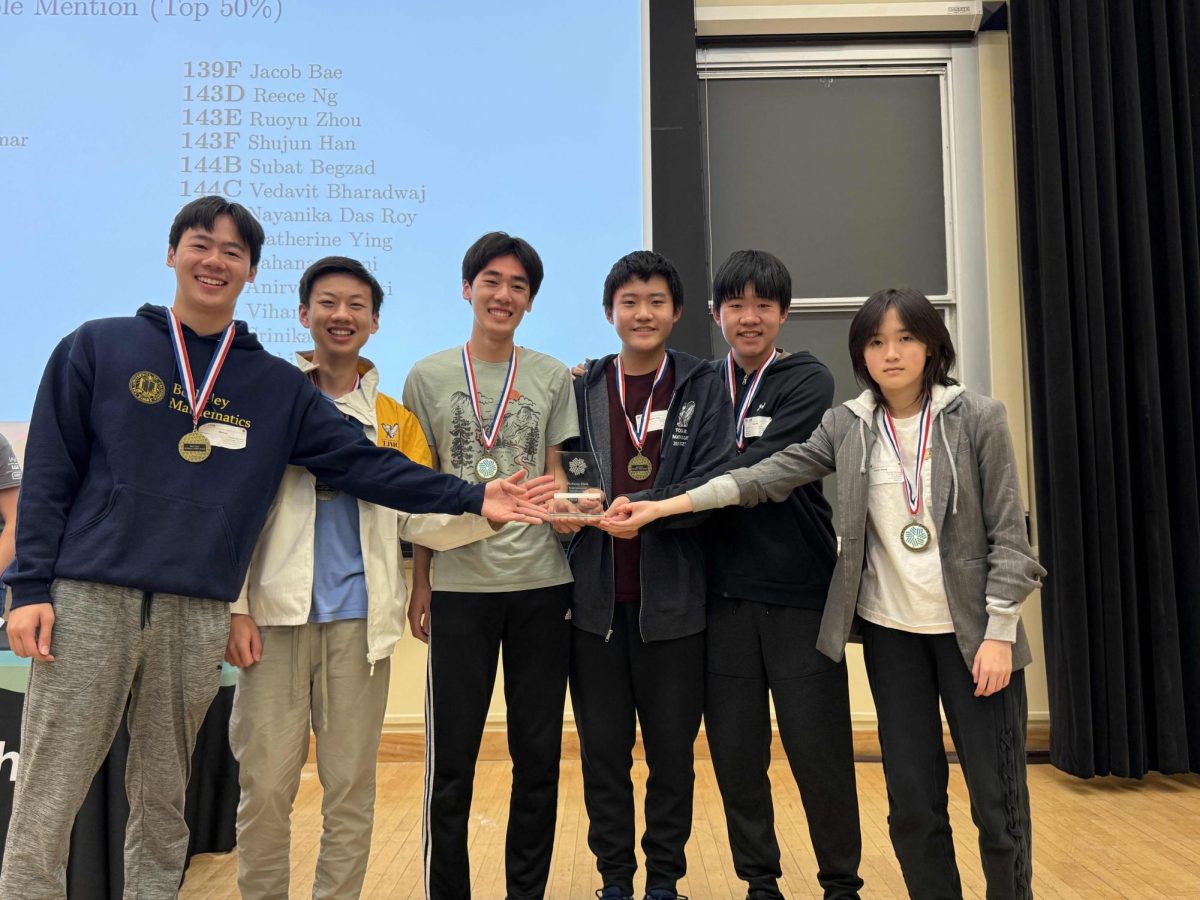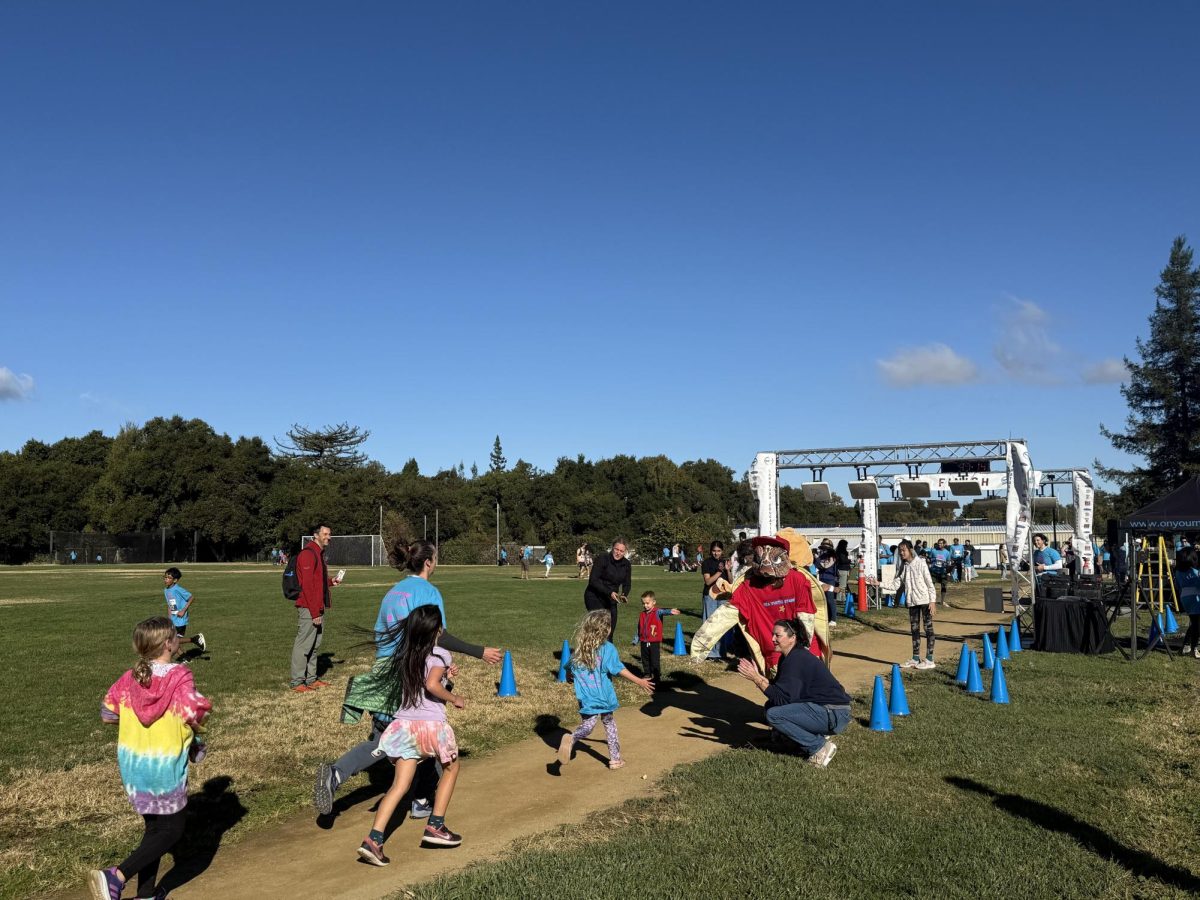Then 8-year-old Samantha Sherman nervously approached the microphone stand for her first concert, taking deep breaths as she walked up the stage. Suddenly, she tripped on her way up and stumbled. Blushing and embarrassed, Sherman nevertheless grabbed onto the microphone, closed her eyes and began singing.
Now a senior, Sherman has grown in her singing prowess, expanding her vocal range as a soprano singer.
A previous participant of Saratoga Idol, Sherman decided to give the competition a go as it was her last chance in high school to do something that pushed her limits.
“I thought, ‘It’s senior year, so why not give it a go?’” Sherman said. “Before Idol, I performed in a bunch of other singing competitions, but mostly opera singing and not pop like Saratoga Idol.”
After her singing career launched at age 8, Sherman began taking lessons from a vocal teacher at 10. She practices two to four hours a week, and her repertoire mostly consists of opera music, such as “O Mio Babbino Caro,” “Summertime” and “Les Berceaux.”
“When I train, I basically just just learn how to make my voice louder and softer, and how to expand my vocal range,” she said. “You just sing a lot and your voice gets used to it.”
Aside from competitions like Saratoga Idol, Sherman also utilizes her singing ability by showcasing her talent in her applications for specialized scholarships.
“Since I was trained for opera singing, I thought why not just use it for a competitive edge in college admissions,” Sherman said. “Accordingly, my practice time has now also gone up as I spend more time with my vocal teacher than I would’ve in the summer or on a normal week.”
Sherman is also part of the Renegades, a band she formed in the summer of her freshman year with her friends, seniors Kanika Vora, Rajat Vora and Kainoa Giomi. In addition, she is now part of the Chamber Singers choir group at SHS.
Like many students, Sherman said she often feels her inclination toward the arts isn’t fully valued
“Since we live in such a technological bubble, going after a career in the arts is viewed as risky,” Sherman added. “Although this is technically viewed as risky, I think that [the best way to handle that challenge] is just going for it, regardless of what people say.”




























